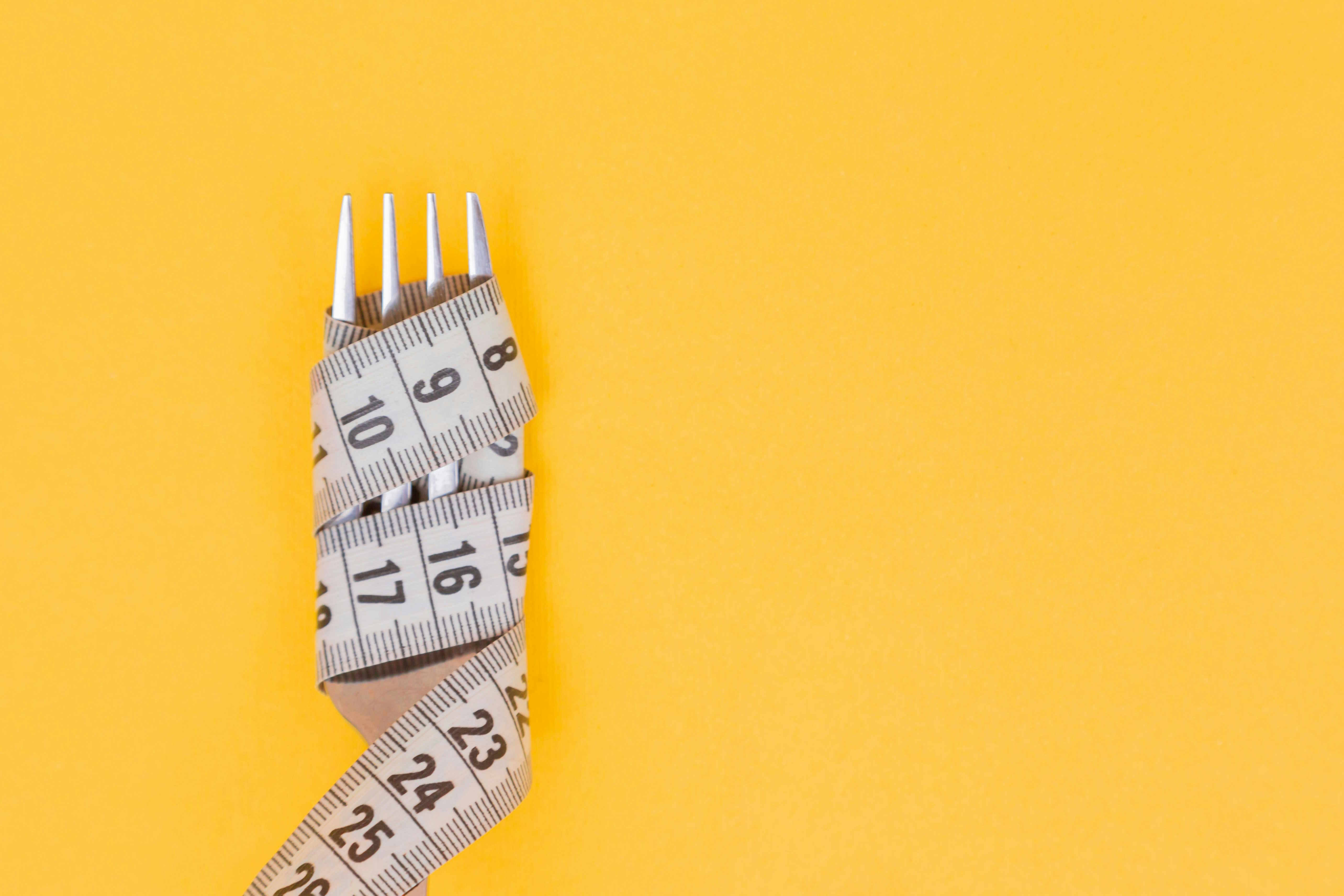Bloating Treatment: Understanding and Managing Stomach Discomfort
Bloating is a common digestive issue that affects many people, particularly women. It can cause discomfort, a feeling of fullness, and visible swelling in the abdominal area. While occasional bloating is normal, persistent or severe bloating may indicate underlying digestive health problems. This article explores the causes of bloating and effective treatments to alleviate this uncomfortable condition.

-
Food intolerances or sensitivities, such as lactose intolerance
-
Digestive disorders like irritable bowel syndrome (IBS) or celiac disease
-
Hormonal changes during menstruation or menopause
Understanding the root cause of your bloating is crucial for finding an effective treatment. If you experience frequent or severe bloating, it’s essential to consult a healthcare professional to rule out any underlying medical conditions.
How can diet changes help reduce bloating?
Making dietary adjustments is often the first line of defense against bloating. Here are some strategies to consider:
-
Identify trigger foods: Keep a food diary to track which foods cause bloating and try eliminating them from your diet.
-
Eat smaller, more frequent meals: This can help prevent overloading your digestive system.
-
Chew food thoroughly: Proper chewing aids digestion and reduces the amount of air swallowed.
-
Stay hydrated: Drinking plenty of water can help prevent constipation, which can contribute to bloating.
-
Limit carbonated beverages and artificial sweeteners: These can introduce excess gas into your digestive system.
-
Incorporate probiotic-rich foods: Yogurt, kefir, and fermented vegetables can promote healthy gut bacteria and improve digestion.
Remember that dietary changes may take time to show results, so be patient and consistent with your approach.
What lifestyle changes can alleviate bloating?
In addition to dietary modifications, certain lifestyle changes can help manage bloating:
-
Regular exercise: Physical activity can stimulate digestion and reduce gas buildup.
-
Stress management: Chronic stress can affect digestive function, so practices like meditation or yoga may help.
-
Avoid tight clothing: Restrictive garments can put pressure on your abdomen, exacerbating bloating.
-
Practice mindful eating: Eating slowly and without distractions can help you tune into your body’s hunger and fullness cues.
-
Quit smoking: Smoking can introduce excess air into your digestive system and irritate the gut lining.
-
Maintain a regular sleep schedule: Poor sleep can disrupt digestive processes and hormonal balance.
Implementing these lifestyle changes alongside dietary modifications can significantly improve digestive health and reduce bloating.
Are there effective over-the-counter remedies for bloating?
Several over-the-counter (OTC) remedies can provide relief from bloating:
-
Simethicone: This anti-gas medication helps break up gas bubbles in the digestive tract.
-
Activated charcoal: It may help absorb excess gas, though scientific evidence is limited.
-
Peppermint oil capsules: These can help relax the muscles of the digestive tract, potentially reducing bloating.
-
Digestive enzymes: These supplements can aid in the breakdown of complex carbohydrates and proteins.
-
Probiotics: These beneficial bacteria supplements may help improve overall gut health.
While these remedies can be effective for occasional bloating, it’s important to address the underlying causes for long-term relief. Always consult with a healthcare provider before starting any new supplements, especially if you have ongoing digestive issues.
When should you seek medical help for bloating?
While occasional bloating is usually not a cause for concern, certain situations warrant medical attention:
-
Persistent or severe bloating that interferes with daily life
-
Bloating accompanied by unexplained weight loss
-
Abdominal pain or changes in bowel habits
-
Blood in stools or dark, tarry stools
-
Nausea, vomiting, or fever along with bloating
-
Bloating that occurs with yellowing of the skin or eyes
These symptoms may indicate more serious digestive health issues that require professional evaluation and treatment. A healthcare provider can perform necessary tests and recommend appropriate treatments based on your specific condition.
Bloating can be an uncomfortable and frustrating experience, but with the right approach, it can be effectively managed. By making mindful dietary choices, implementing lifestyle changes, and using appropriate remedies, most people can find relief from bloating. Remember that everyone’s digestive system is unique, so what works for one person may not work for another. Be patient and persistent in finding the right combination of treatments that work best for you. If bloating continues to be a persistent problem, don’t hesitate to seek medical advice to ensure optimal digestive health and overall well-being.
This article is for informational purposes only and should not be considered medical advice. Please consult a qualified healthcare professional for personalized guidance and treatment.




